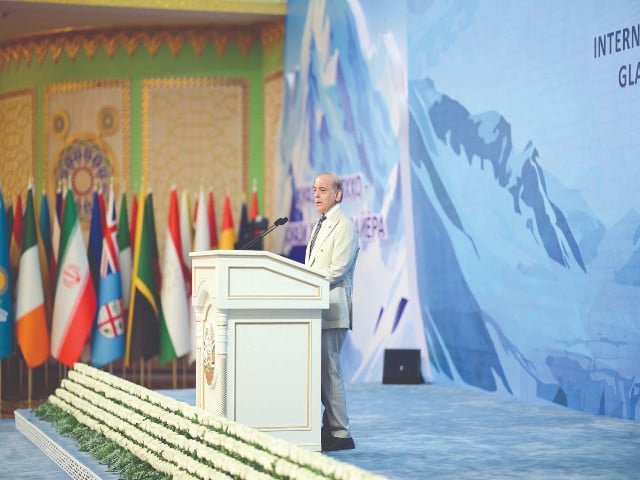Understanding the Rise in Divorces in Rawalpindi: A Call for Reflection
Hello, dear readers! Today, we’re diving into a pressing issue that has recently come to light in Rawalpindi: the alarming rise in divorces and domestic disputes. Between January and June of 2025 alone, a staggering 4,980 new family cases were filed in the district’s 44 family courts. That’s a significant uptick from previous years, and it’s a trend that warrants our attention.
Currently, there are nearly 27,000 family cases under trial in Rawalpindi. What’s concerning is that, among the newly filed cases, around 1,170 involve women seeking divorce, often referred to as khula. It’s important to explore the factors that contribute to this surge.
Recent data suggests that even Pakistani couples living abroad are experiencing higher divorce rates. This phenomenon can largely be attributed to the increasing trend of overseas marriages and the resulting social disconnect. In our digital age, social media has disrupted traditional methods of conflict resolution. Retired judge Shaukat Ali Sajid points out that where once elders would mediate family disputes, many now opt to head straight to court, sometimes over seemingly minor issues, which escalates tensions unnecessarily.
Moreover, family law expert Kaneez Fatima Advocate shares an alarming insight: parents giving smartphones to young girls without proper guidance can lead to a lack of moral grounding. This opens avenues for misunderstandings and miscommunication that could contribute to marital strife.
Love marriages often falter when one partner misrepresents crucial aspects like education or financial stability. Advocate Sibtain Bukhari adds another layer to this discussion by emphasizing the importance of early marriages aligned with Islamic guidelines. He cautions that some women seeking divorce may already have a new partner lined up, complicating the legal waters further.
It’s clear that the issues at play are multifaceted, ranging from societal changes to personal expectations in relationships. The crowded family courts—with each court managing between 90 and 110 cases daily—are a reflection of these deep-rooted concerns. Additionally, initiatives like family-arranged marriages may warrant a revisit as a means of promoting stability and understanding in new unions.
There’s a lot to unpack here, and fostering dialogue around these challenges is key. As we look to the future, let’s encourage constructive conversations and solutions. If you want to dig deeper into family dynamics and support systems in Pakistan, consider reaching out to organizations like Pro21st. They’re dedicated to offering valuable insights and resources for families navigating these complex issues.
Stay informed, and let’s work together to build a stronger community!





